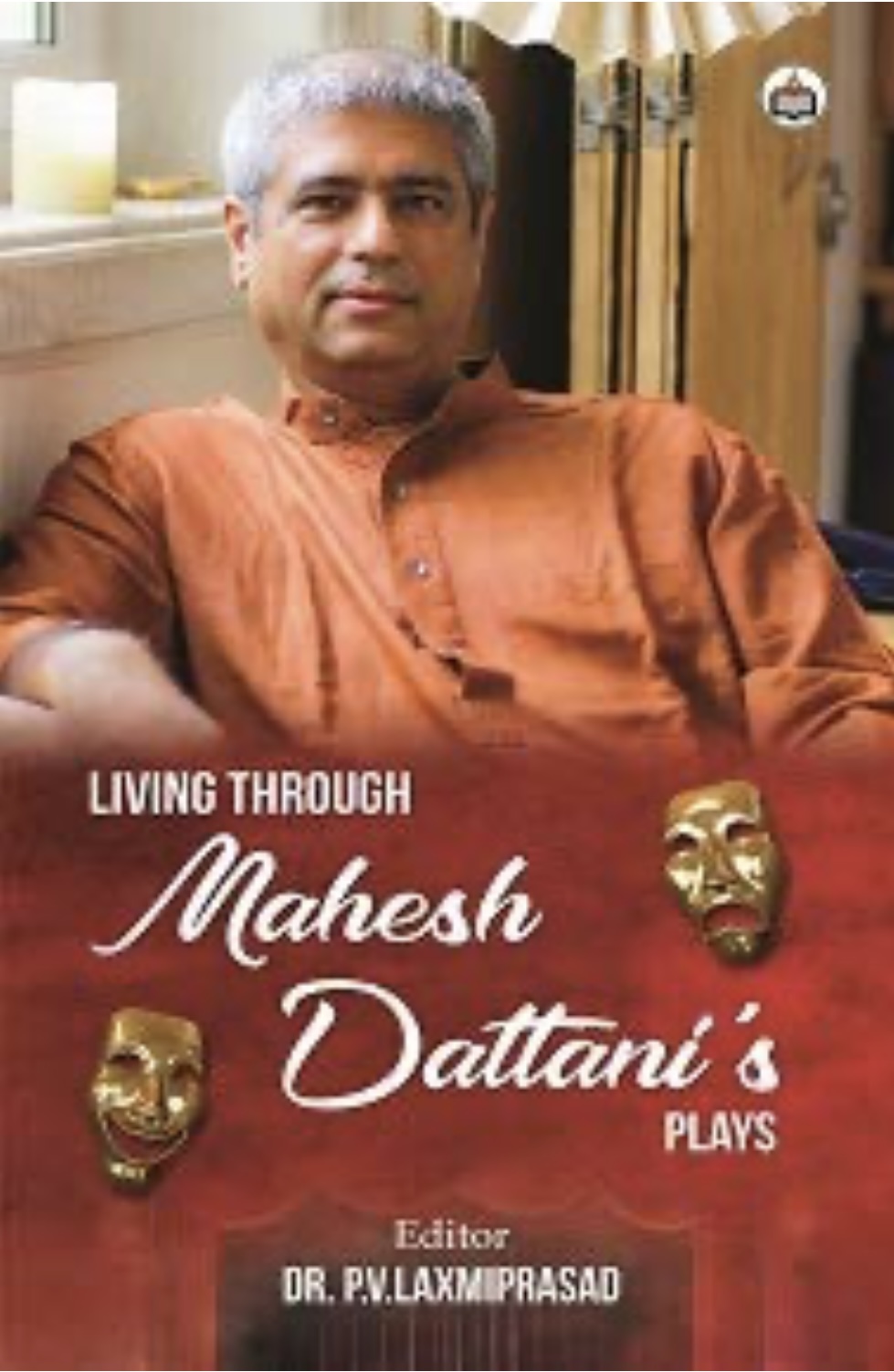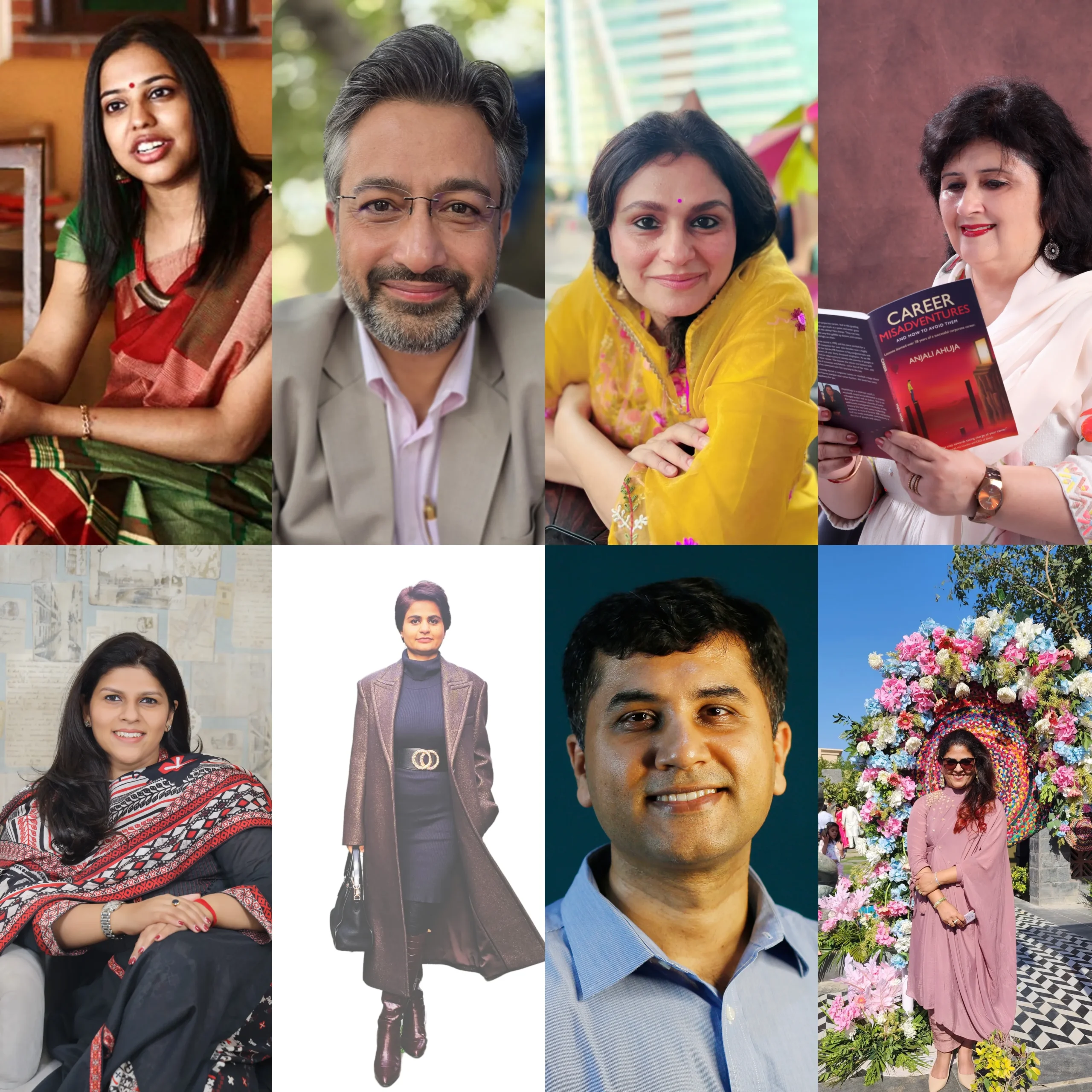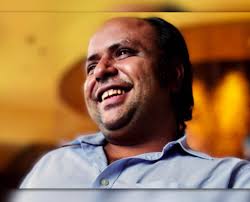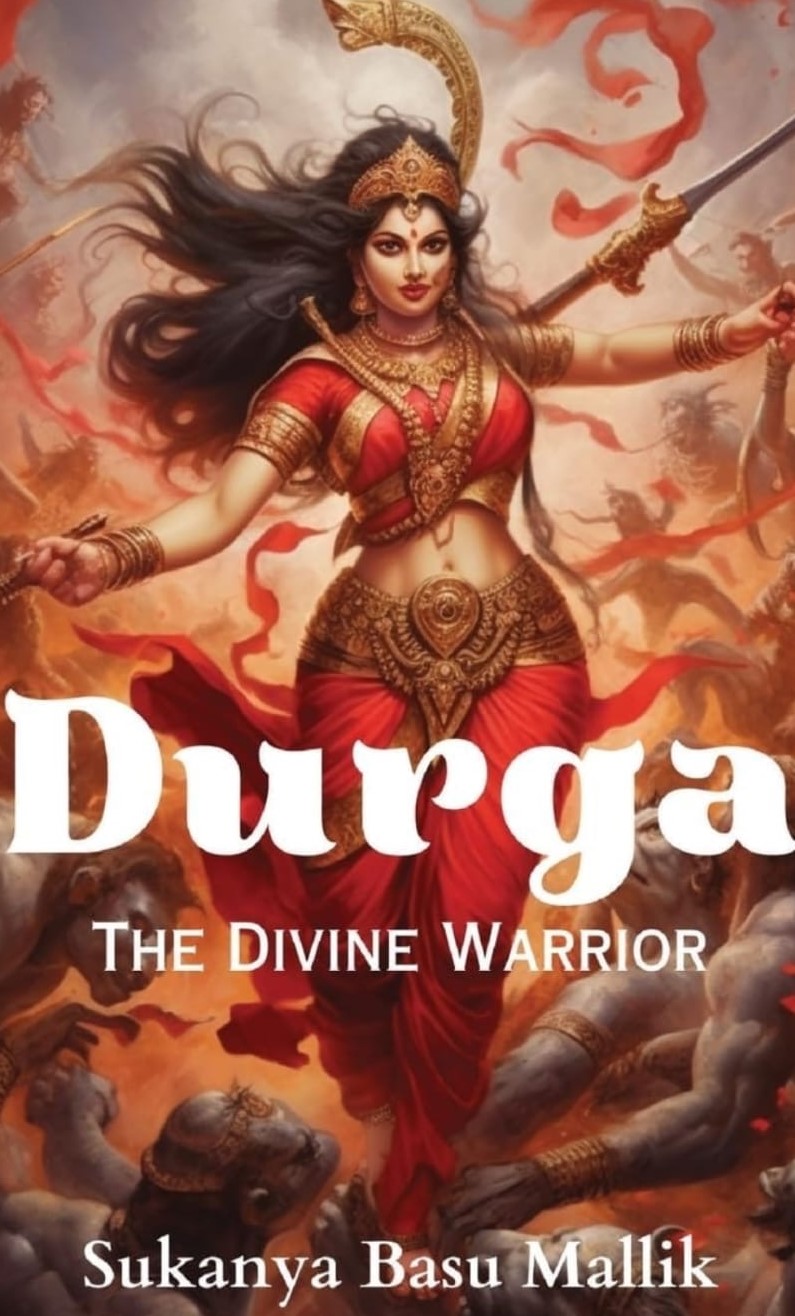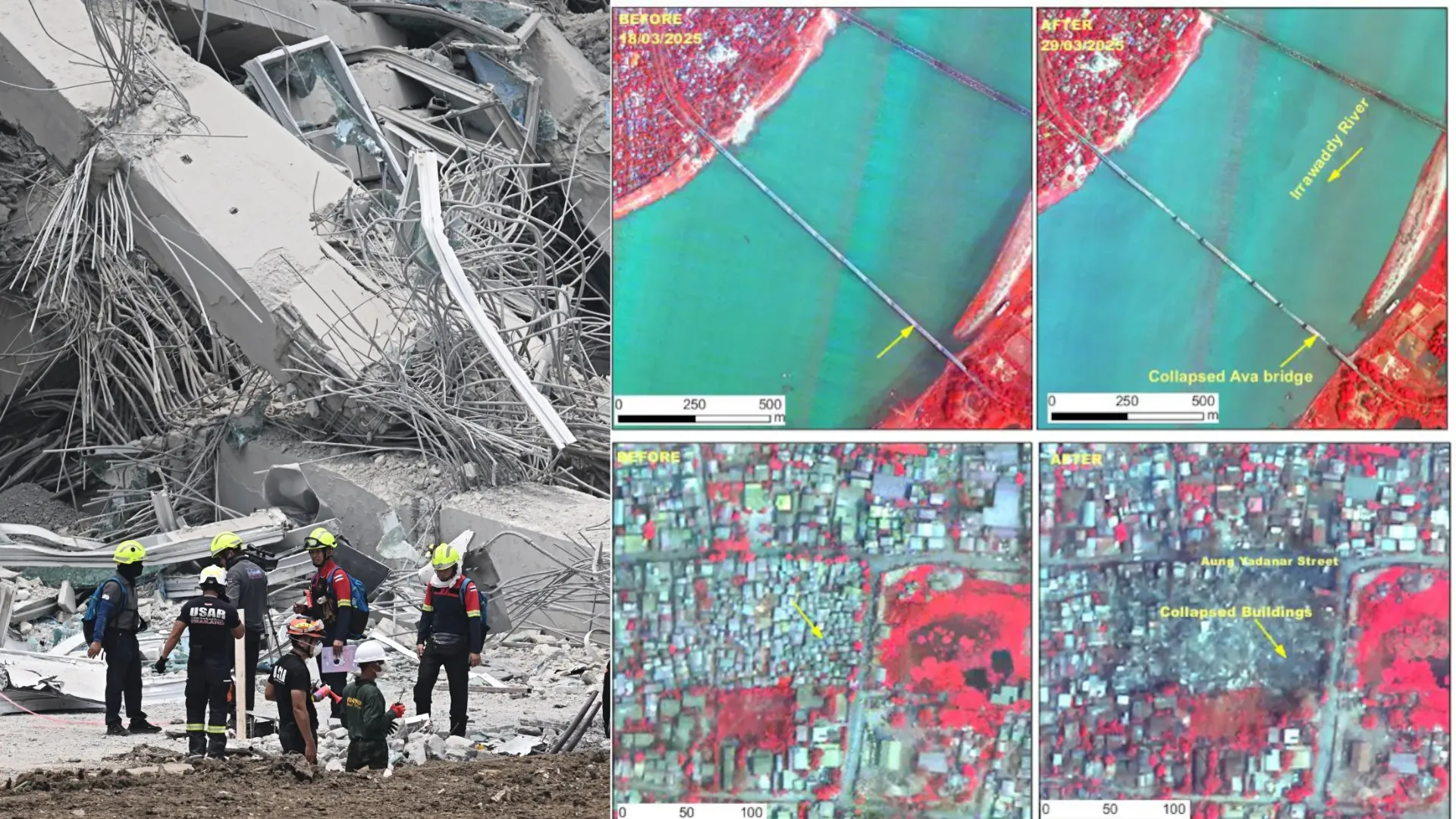Author P.V. Laxmiprasad’s Book entitled Living Through Mahesh Dattani’s Plays is a fitting tribute to the dramatic genius of Mahesh Dattani. There are only a few writers who are equally popular among academicians and general readers. Mahesh Dattani is one such figure. Even as he is well-received by the academic community, he remains a popular playwright among the general public. He is known for his remarkable plot-construction and precise characterization. The book Living Through Mahesh Dattani’s Plays is a volume of scholarly essays on the dramatic works of Mahesh Dattani.
This book is a noteworthy contribution both to the body of writings on Dattani and Indian English Literature in general. It contains sixteen critical essays on the varied aspects of the dramatic works of Mahesh Dattani.The book contains offers comprehensive and insightful views on Dattani and his plays. It also provokes scope for further readings and research on the dramatist. The articles shed light on the varied and multiple dimensions of Dattani as a writer and establish his versatility. The articles range in focus from gender issues to filial conflicts, from identity crisis to cultural conflicts, from womanhood to familial issues, etc.
There is also a range of articles on cultural and religious themes discussed in the plays of Dattani. The essay “Culture as Mask. A Study of Mahesh Dattani’s Dance Like a Man” traces the subtle connection between gender and culture and reveals how the notion of gender is instilled by the cultural institutions. The book throws light on Dattani’s frank and bold treatment of the theme of religious conflict in Final Solutions. It is revealed in this book that Dattani deals with communalism, religious fanaticism, and Hindu-Muslim riot mostly engendered by the self-centered politicians.” There is an intense focus on the religious unrest that permeates Final Solutions in this book. The play is quite sensitively approached from a post-colonial point of view in the light of colonialism.
Dattani’s craftsmanship as a dramatist has also been discussed in the book. The book also contains articles that approach Dattani and his plays from other points of view. “Disability Studies in Mahesh Dattani’s Tara” is a well-researched article that brings out quite a new dimension of the playwright. Dattani’s play Tara offers a platform to us for keenly viewing this aspect of disability – one-legged twins and their physical mobility impaired and their psyche dented.”
On the whole, Living Through Mahesh Dattani’s Plays is a welcome addition to the corpus of critical writing in Indian English Literature. The diverse essays together build a holistic critical picture of the “universe” constructed by Mahesh Dattani in his theatrical world. The book brings out and establishes the versatility of Dattani as an Indian English author. Therefore it is of immense help to researchers as it provides useful insights into the works of Dattani. The editor deserves appreciation for his great editorial finesse. A must read for the aficionados of drama and theatre!

